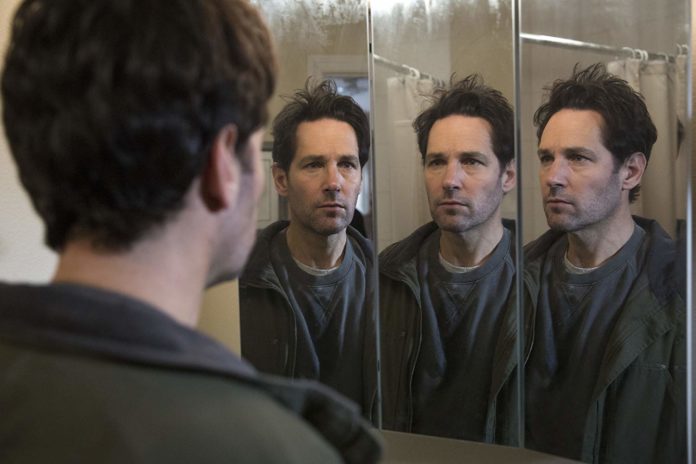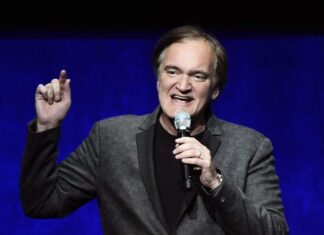
Paul Rudd’s weird sci-fi comedy series showcases Rudd’s quirky personality while also raising some pretty profound metaphysical questions.
Rudd’s character, Miles, is stuck in a rut. He’s not delivering in the office and at home, he is neglecting his wife’s needs, spending more time wallowing in his own misery. One ordinary afternoon, Miles decides to go to a “Happy Spa” based on a recommendation from one of his co-workers. He dishes out $50,000 of savings so that he can be transformed into a better and happier version of himself. What he doesn’t realize is that part of the process involves dying so a better clone version of himself can be reborn.
The twist of the series is that Miles never actually dies. Something goes wrong with the experiment resulting in two versions of Miles. Both versions share all of the same memories and the same desires. The difference is, one is perfect while the original Miles is flawed.
As the series unfolds, more and more questions are raised about the authenticity of the new Miles. Are memories what makes a person? Does believing you are a conscious being entail your existence as a conscious being? And lastly, is it possible that the clone of Miles might just be more authentically Miles than the original?
These questions all carry metaphysical weight and yet the series has no overbearing philosophical tone. Instead, the show is light-hearted and entertaining. Although the dilemma is a serious one, the characters use humor to navigate through the ridiculousness of the situation. Rudd delivers a fantastic performance as both versions of Miles, using comical mannerisms to differentiate the two. Aisling Bea gives an equally impressive performance, showcasing her ability to act as well as star on panel shows.
Although the series is original and funny, it occasionally is a little confusing. When the story starts jumping between different time spans, the episodes become a little disjointed. Still, these scenes are valuable in the way they compare all versions of Miles throughout not just time, but physical space.
Overall, the first season of Paul Rudd’s quirky sci-fi drama is a curious specimen. Should the show be renewed for a second season, it will be interesting to see how the storyline pans out after the finale’s intriguing cliffhanger.
3.5/5





